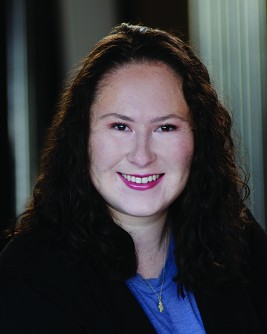

Women make less money than men for doing the same work, even in specialized medical fields.
Researchers at CU Anschutz surveyed hundreds of OB-GYN doctors working in specialized endocrinology and fertility. They found the male doctors made on average $67,000 more per year than women.
The school says a recent commentary in the journal Obstetrics and Gynecology noted that 82 percent of those entering the OB/GYN field were women, but the field is the fourth worst of 18 specialties in pay inequity among genders.
The study published at the end of March in the journal “Fertility and Sterility” didn’t find a concrete reason for the discrepancy. Researchers adjusted for pay differences between private practice doctors and academic doctors, as well as hours worked, position and years of practice, according to lead author Dr. Malgorzata Skaznik-Wikiel. Researchers surveyed more than 200 doctors on their pay.
The research also marks National Equal Pay Day. This year it’s April 2 — the day advocates say women’s pay in this year catches up to what men made last year.
“Some of the speculations are because women are less aggressive negotiating their salaries, which also shouldn't be an excuse because salaries should be transparent,” she said. “But also when women try to negotiate, they are perceived as more aggressive, while for men, this is considered a desired behavior.”
On the whole, women reproductive endocrinologists make around 21 percent less than their male peers. That’s on par with the wage gap averaged over all sectors in the U.S.
Skaznik-Wikiel herself is a physician and a reproductive endocrinology expert. She said she had seen other articles about wage gaps in medicine and wanted to know more about the issue in her own field.
One solution, according to Skaznik-Wikiel, is to make salaries more transparent. Another is to encourage female mentorship in the medical community.
“In the entire OB/GYN field, the more senior people should lead by example and establish the new transparent norms that would allow this discrepancy in pay between men physicians and female physicians to disappear,” Skaznik-Wikiel said.









